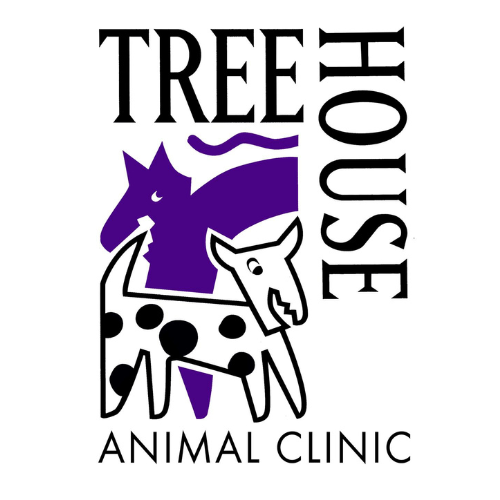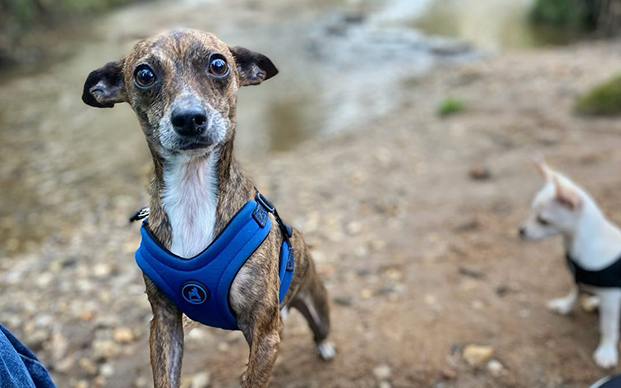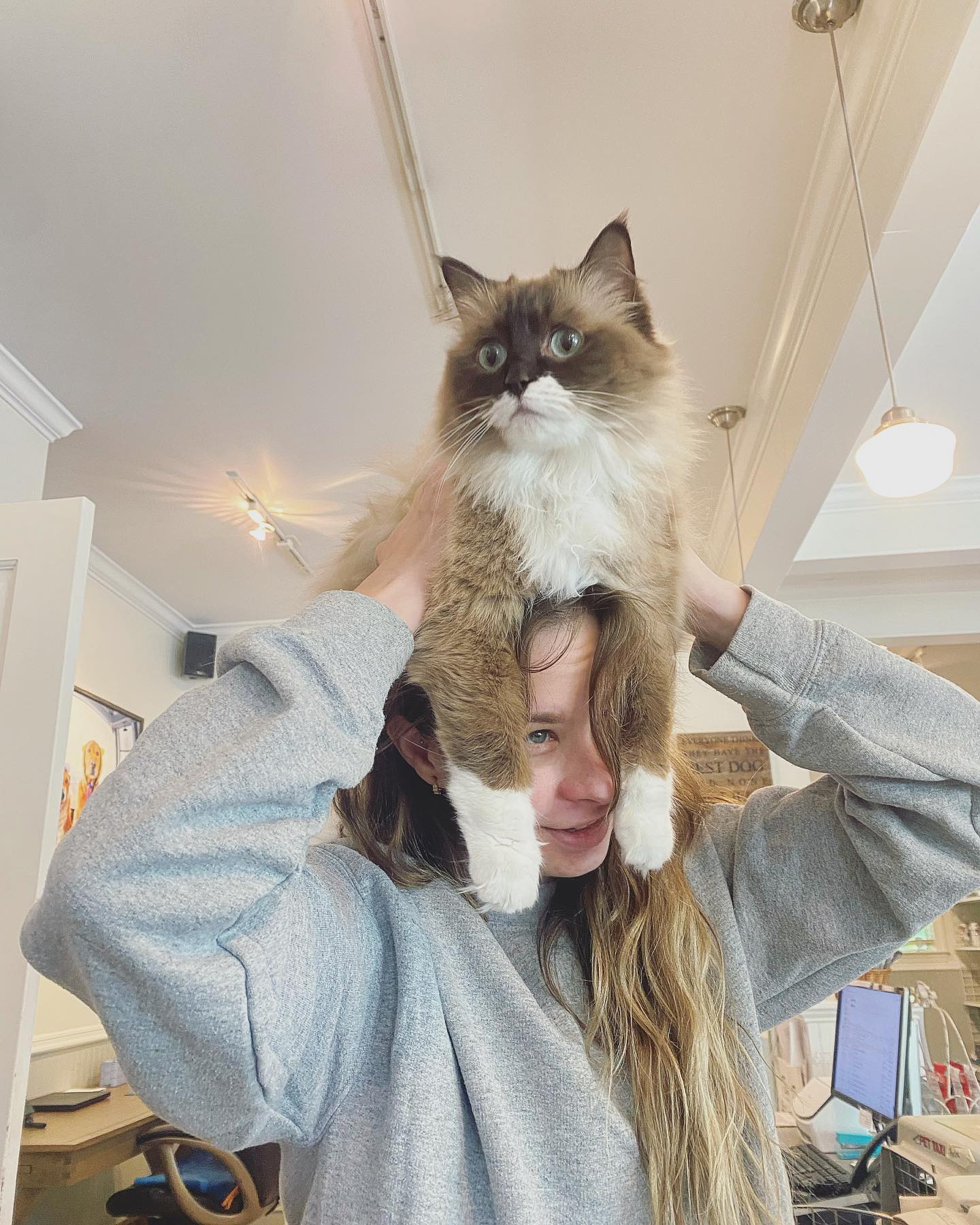Pet Enucleations
Most frequently, enucleation is suggested to treat unmanageable pain brought on by an eye condition. Glaucoma (increased pressure inside the eye), neoplasia (cancer inside or around the eye), severe injuries that cannot be healed medically, and severe infection/inflammation that cannot be treated with medication are the most frequent causes of enucleation.
Pet Enucleations
Most frequently, enucleation is suggested to treat unmanageable pain brought on by an eye condition. Glaucoma (increased pressure inside the eye), neoplasia (cancer inside or around the eye), severe injuries that cannot be healed medically, and severe infection/inflammation that cannot be treated with medication are the most frequent causes of enucleation.
What does the operation involve?
Your pet will be given a general anaesthetic throughout the procedure. After totally removing the eye, clipping the hair around it, and stitching the eyelid skin over the eye socket (the bony space within the skull that protects the eye). The outer layers of the skin covering the eyelids may or may not have stitches that need to be removed. The majority of animals will be discharged from the hospital the same day after surgery, but if the procedure is done in the late afternoon or if the animal is older, it might be essential to keep your pet overnight.
What happens to the eye after it is removed?
A pathologist may receive the eye for histology. This is comparable to sending a lump for a biopsy, and it could be advised in some circumstances to determine the root of the issue inside the eye. Almost all enucleated eyes require pathology to determine whether there are any effects on the pet’s healthy eye and overall condition. Within three weeks of the procedure, the pathology results will be communicated to you and your veterinarian.
Veterinary Services
Below are all of the veterinary services we offer at Treehouse Animal Clinic. If you have any questions regarding our services, please feel free to call us.


